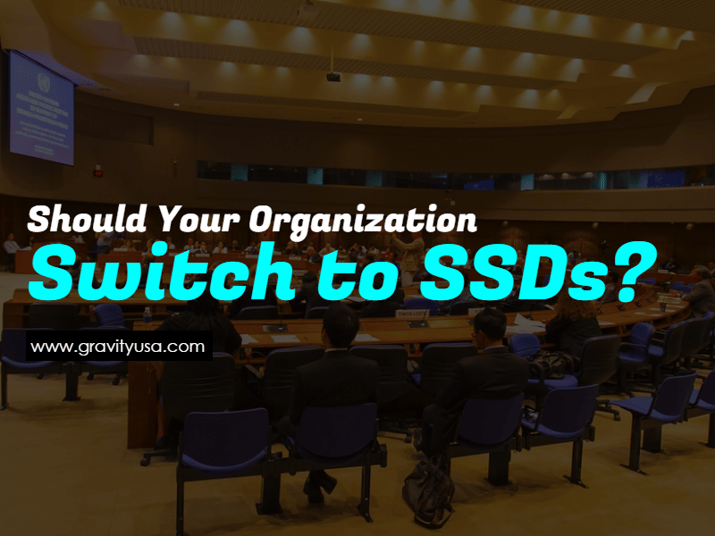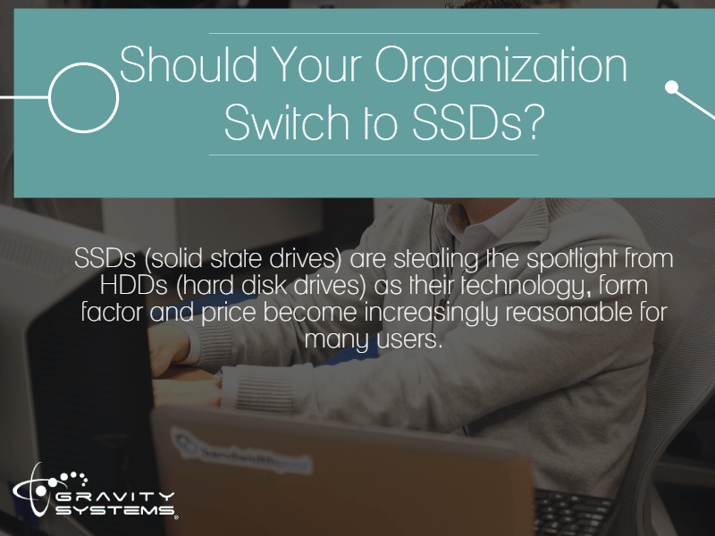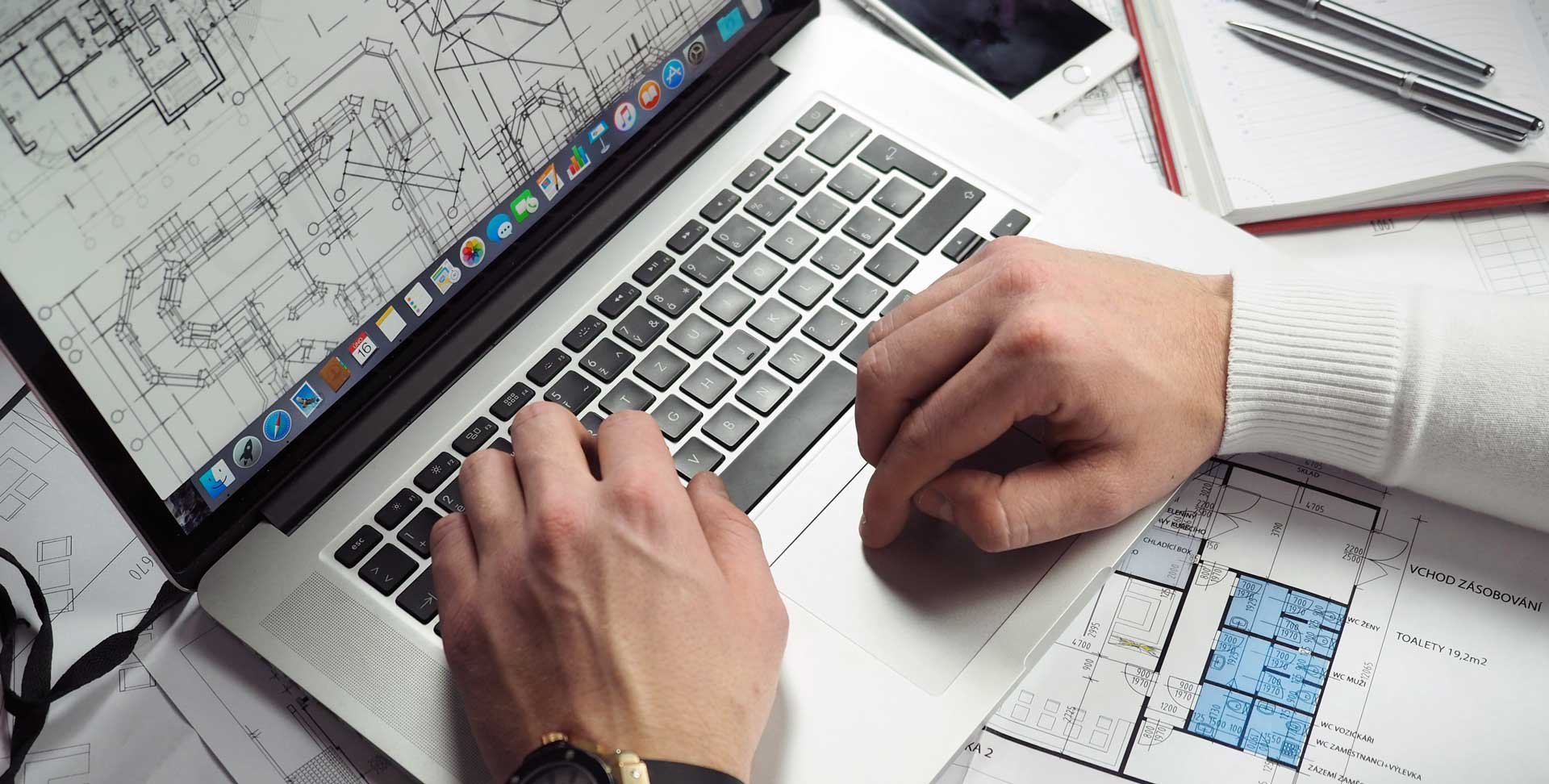
SSDs (solid state drives) are stealing the spotlight from HDDs (hard disk drives) as their technology, form factor and price become increasingly reasonable for many users. You might even be tempted to ask your Austin IT support provider to switch all your current servers over from HDDs to SDDs. Has the moment finally arrived when such a shift actually makes sense? The answer is, “It depends.”
Each form of storage media has its own distinct advantages and disadvantages. HDDs, with their tried-and-true spinning platters of magnetic memory, still lead the pack in terms of maximum storage capacity and the sheer variety of products available. The biggest plus for many businesses, however, is the fact that all those terabytes of storage come relatively cheap. Disadvantages include their vulnerability to data fragmentation and mechanical failure. SSDs can't yet match the storage capacity of their big brothers, and currently you'll pay about twice as much for the same amount of data. But they're much sturdier than HDDs since they have no moving parts to damage, and their resistance to fragmentation helps make them super-fast.

Right now, the majority of businesses would be hard pressed to justify the enormous expenditures necessary to replace all their HDD (especially in servers) with SSDs. Some industries that require the largest and/or cheapest storage media possible (such as video storage) may never want to make that change. But if you're looking for zippier, more reliable, “bullet-proof” storage for certain key functions of your business, consider replacing the servers dedicated to those tasks. (Storing database files on an SSD, for instance, makes great sense.) But your smartest immediate move is to consult your source for managed IT services in Austin, Gravity Systems. We can evaluate your business's needs and help you decide which servers, if any, should be switched to SSD.
Related Post: Is Your Data Backup System Working?

_NO_BCS_bigger_weird_green_clear.png?width=100&name=for-website_large(save-at-500-tall)_NO_BCS_bigger_weird_green_clear.png)


